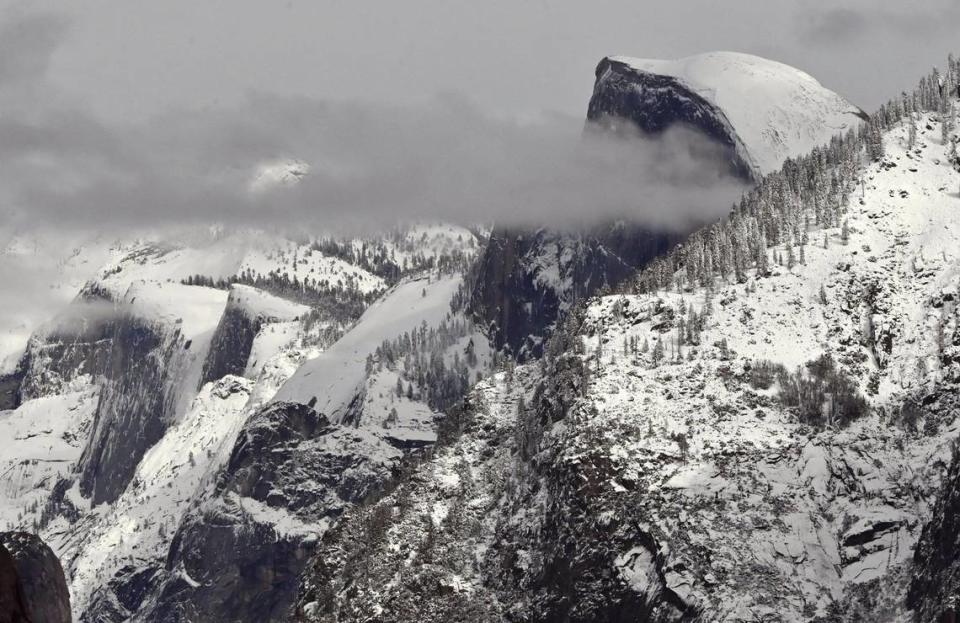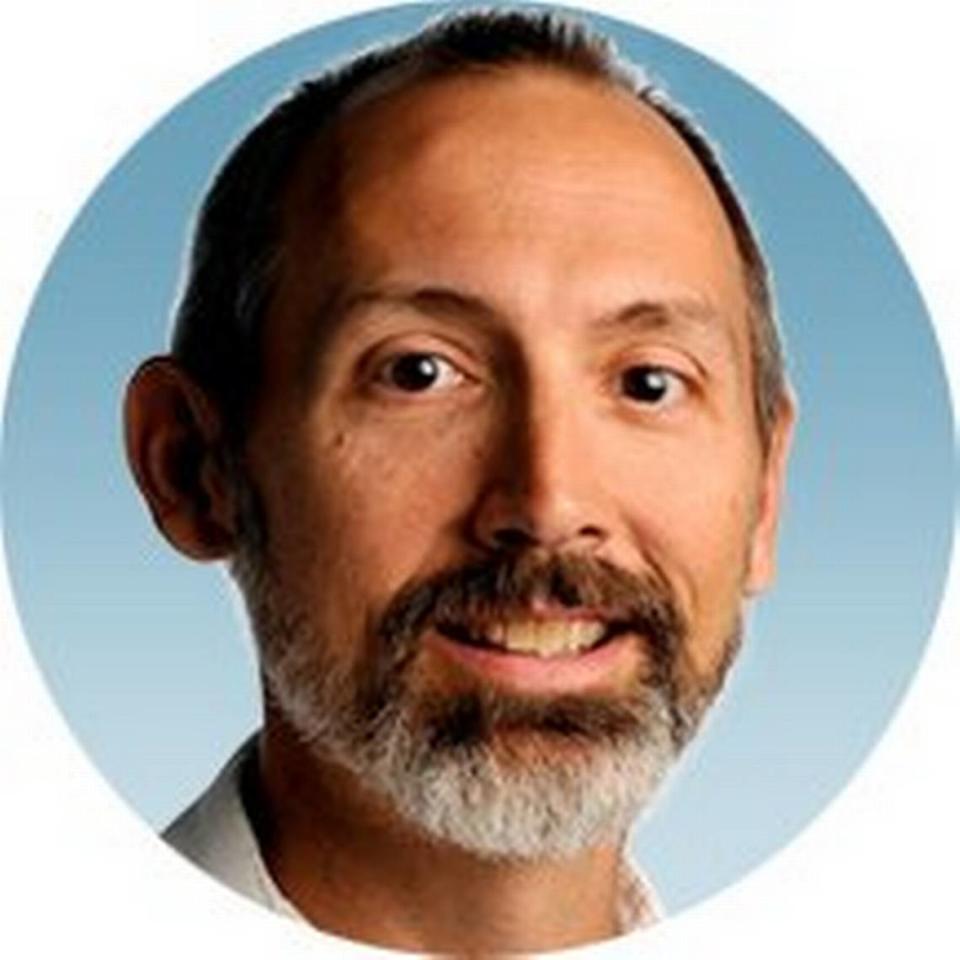Don’t fall for ‘warped nostalgia.’ America has always been a union of diversity | Opinion
A recent poll by the Los Angeles Times found that nearly a third of Americans think California is “not really American.” The poll also found that 21% of people living in California don’t think that California is “really American.”
But what counts as “really American”? And for that matter, what is California?
California entered the Union before the Civil War, prior to Kansas, Nebraska and the Dakotas. California is also the most populous and one of the most diverse states in the union. Roughly one-eighth of the U.S. population lives here. The state was home to American presidents Richard Nixon and Ronald Reagan.
When people suggest that California is not really America, we might wonder whether they have been beguiled by some mythic vision of America. Perhaps they think there is an American heartland somewhere out there in Kansas or Nebraska. Maybe they fantasize about a family farm in Iowa or some small New England village.
In that strange American myth, Hollywood, Silicon Valley, and Fresno’s agricultural wonderland don’t count as really American. But most Americans happily consume our films, technology and agricultural products.
Opinion
Behind this strange poll question is a deeper question about what we take to be the essence of a country, or a state. This is really a nonsensical question. Nations and states don’t have essences. They are complex and constantly changing compilations of people and geography.
We need to overcome our tendency to think that there is some essential thing that counts as the spirit or substance of a nation. This is a narrow way of understanding the world. It is used to sort people into us-vs-them. It is dangerous and divisive.
One cure for this narrow way of thinking is to get out and explore the world. I’m writing this from a conference in New Orleans. In the cab from the airport, the driver was listening to a news program in French. New Orleans has Spanish and French heritage. Before the Civil War it was a center of the slave trade. Is New Orleans somehow more American than Los Angeles or Fresno?
In the city’s old French Quarter, I saw a quote in a bar from Tennessee Williams: “There are only three great cities in the United States: New York, San Francisco, and New Orleans. All the rest are Cleveland.”
San Francisco, New Orleans, and New York are amazing places. Cleveland is also interesting. When I visited Cleveland last year, I found beauty on the shores of Lake Erie. And I spent several fascinating hours touring the Rock and Roll Hall of Fame.
We might think that nothing is more American than rock and roll. But rock music was born in New Orleans where African and Caribbean rhythms evolved into jazz, and rhythm and blues. Meanwhile up in Cleveland, a D.J. named Alan Freed coined the term “rock and roll” in the 1950s. And then came the California bands and artists who played key roles in rock history.
When you travel, you discover that each American city is unique. No state, city, or region represents the essence of the nation. As the bits and pieces of this great big gumbo of a country come together, new and surprising things are created.

The United States includes the deserts and canyons of Arizona, the mountains of Appalachia, and the bayous of Louisiana. It is California’s coastal mega-cities, the blooming orchards of California’s Central Valley, and the majesty of Yosemite. It also includes the industrial rust belt of the upper Midwest and the cowboy swagger of Texas. This country is not a single thing. Indeed, the name tells us that it is a union of different states. Diversity is woven into the very heart of the country, which was created by diverse states joining together to form a union.
But some people insist on talking about the “homeland” and the “heartland.” A kind of warped nostalgia is intent on preserving some lost or forgotten American heritage. But we might rightly ask what narrow slice of history and geography (or race, class, and religion) these folks want to preserve? And we ought to remember that this great country is too big for that narrow way of thinking.
Andrew Fiala is a professor of philosophy and director of The Ethics Center at Fresno State. Contact him at f iala.andrew@gmail.com



